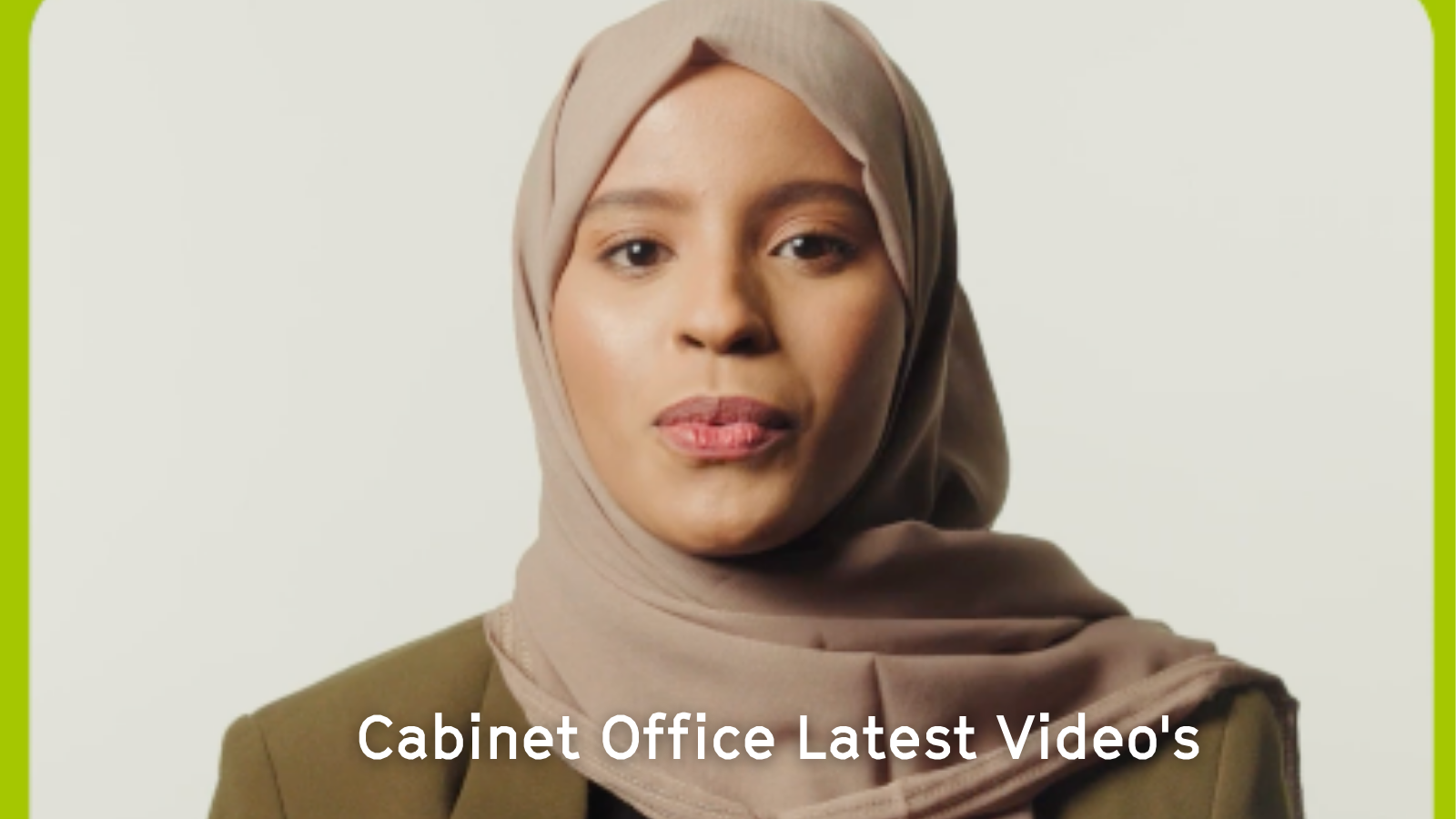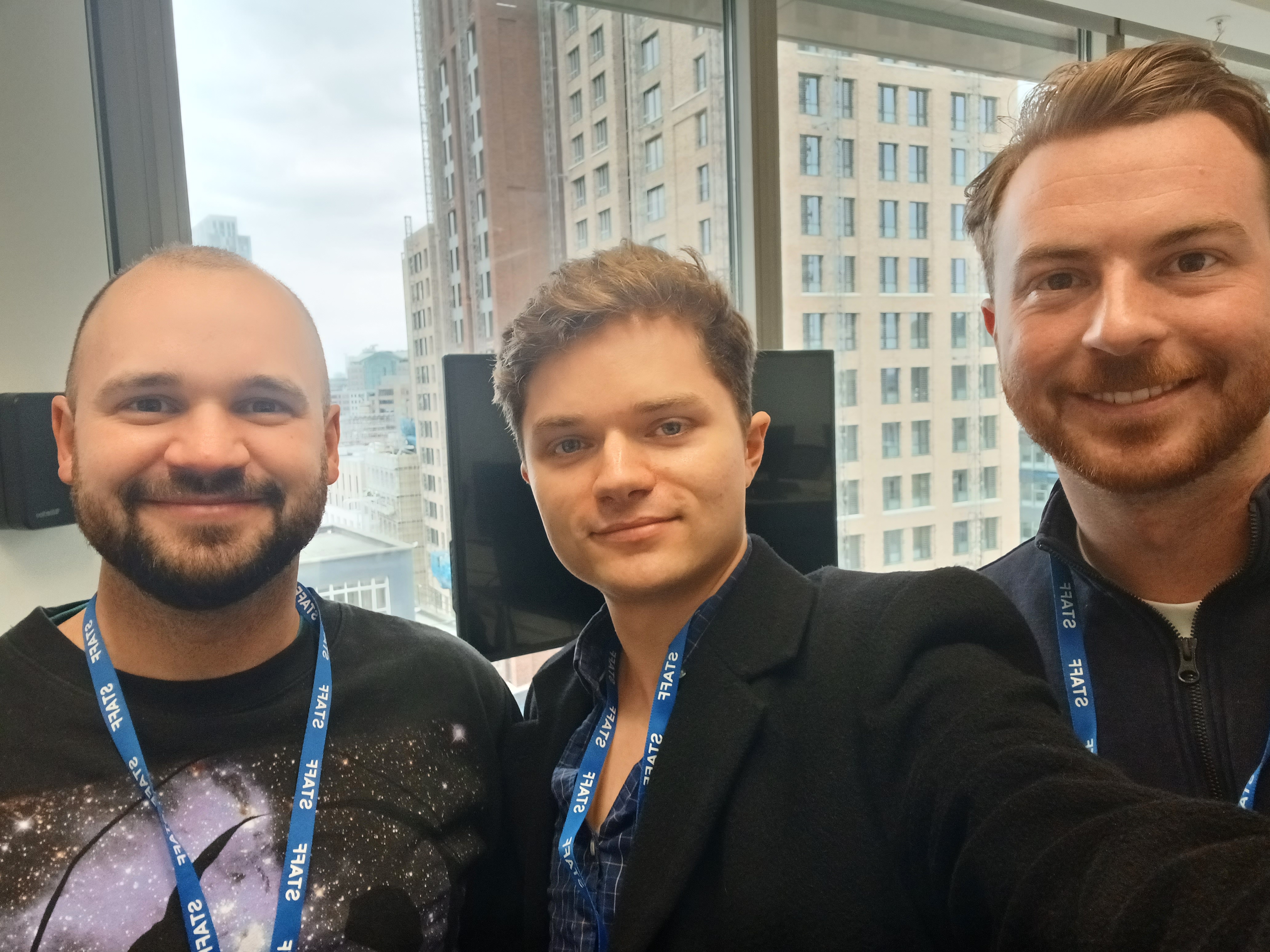Senior Technical Architect
Government Digital Services -
Job description
The Domains team is developing tools and processes that will achieve its vision. As the Senior Technical Architect in the Domains team you will be responsible for keeping the team up-to-date with standards, identifying gaps in our capability, and building prototypes and proofs of concept to help the team develop solutions to address those gaps.
You will be working with members of the Domains team as well as external resources and senior government stakeholders.
You will be responsible for:
- The architecture and security of the team’s domains monitoring platform.
- Ensuring that the .gov.uk registry remains highly resilient and available, and that our strategic registry providers work together to meet our goals.
- staying up-to-date with:
- ICANN standards, future trends, and other standards relevant to the domain name system
- the global DNS marketplace, including registries, registrars, domain discovery services, domain checking services and brand protection services
- Understanding and improving the resilience of the .gov.uk DNS technical supply chain.
Person specification
This role aligns to the following in the Digital, Data and Technology Profession Capability Framework - Senior technical architect and Security architect.
In particular, you will have the following skills:
- Designing secure systems. You can design and review system architectures through the development of patterns and principles. (Skill level: practitioner)
- Security technology. You can demonstrate strong knowledge of system architectures. You can understand and articulate the impact of vulnerabilities on existing and future designs and systems, and how easy or difficult it will be to exploit these vulnerabilities. You can be recognised as an expert by peers in the broader security industry. (Skill level: expert)
- Communicating between the technical and non-technical (technical architect). You can identify the needs of business and technical stakeholders. You can effectively manage stakeholder expectations. You can demonstrate excellent communication skills and can manage difficult conversations or negotiations. (Skill level: practitioner)
- Making and guiding decisions. You can make decisions characterised by managed levels of risk and complexity, and recommend decisions as risk and complexity increase. You can resolve technical disputes between wider peers and indirect stakeholders, considering all views and opinions. (Skill level: working)
- Strategy. You can apply strategy, using and challenging patterns, standards, policies, roadmaps and vision statements. You can provide guidance. (Skill level: working)
- Turning business problems into technical design. You can design systems characterised by medium levels of risk, impact, and business or technical complexity. You can work across multiple services or a single large or complicated service. (Skill level: practitioner)
- Understanding the whole context. You can understand trends and practices outside your team and how these will impact your work. You can see how your work fits into the broader strategy and historical context. You can consider the patterns and interactions on a larger scale. (Skill level: working)
You will have detailed and extensive experience of:
- the public core of the internet: naming and numbering systems, cryptographic mechanisms, packet routing and common protocols
- how the domain name system (DNS) works
You will also have detailed and extensive expertise of two of the following:
- managing domains for a large, distributed and federated organisation
- how domains are used to support internet services and their security
- different ways that a domain vulnerability can be exploited, and how to prevent them
- developing tools that interact with domain records
Benefits
The benefits of working at CDDO
There are many benefits including:
- flexible hybrid working with flexi-time and the option to work part-time or condensed hours
- a Civil Service Pension with an average employer contribution of 27%
- 25 days of annual leave, increasing by a day each year up to a maximum of 30 days
- an extra day off for The King’s birthday
- an in-year bonus scheme to recognise high performance
- career progression and coaching, including a training budget for personal development
- paid volunteering leave
- a focus on wellbeing with access to an employee assistance programme
- job satisfaction from making government services easier to use and more inclusive for people across the UK
- advances on pay, including for travel season tickets
- death in service benefits
- cycle to work scheme and facilities
- access to children's holiday play schemes across different locations in central London
- access to an employee discounts scheme
- 10 learning days per year
- volunteering opportunities (5 special leave days per year)
- access to a suite of learning activities through Civil Service learning
CDDO offers hybrid working for all employees. This means that everyone does some working from home and also spends some time in their local office. You’ll agree to your hybrid working arrangement with your line manager in line with your preferences and business needs.
Any move to the Central Digital and Data Office from another employer will mean you can no longer access childcare vouchers. This includes moves between government departments. You may however be eligible for other government schemes, including Tax Free Childcare. Determine your eligibility at https://www.childcarechoices.gov.uk
Things you need to know
Selection process details
The standard selection process for roles at CDDO consists of:
- a simple application screening process - We only ask for a CV and cover letter of up to 750 words. Important tip - please ensure that your cover letter includes how you meet the skills and experience listed in the “person specification” section above
- a 60 minute video interview
Depending on how many applications we get, there might also be an extra stage before the video interview, for example a phone interview or a technical exercise.
In the Civil Service, we use Success Profiles to evaluate your skills and ability. This gives us the best possible chance of finding the right person for the job, increases performance and improves diversity and inclusivity. We’ll be assessing your technical abilities, skills, experience and behaviours that are relevant to this role.
For this role we’ll be assessing you against the following Civil Service Behaviours:
- leadership
- making effective decisions
- delivering at pace
Candidates that do not pass the interview but have demonstrated an acceptable standard may be considered for similar roles at a lower grade.
A reserve list will be held for a period of 12 months, from which further appointments can be made.
We are an equal opportunity employer and value diversity at our company. We do not discriminate on the basis of race, religion, colour, national origin, gender, sexual orientation, age, marital status or disability status.
Feedback will only be provided if you attend an interview or assessment.






